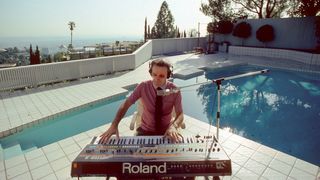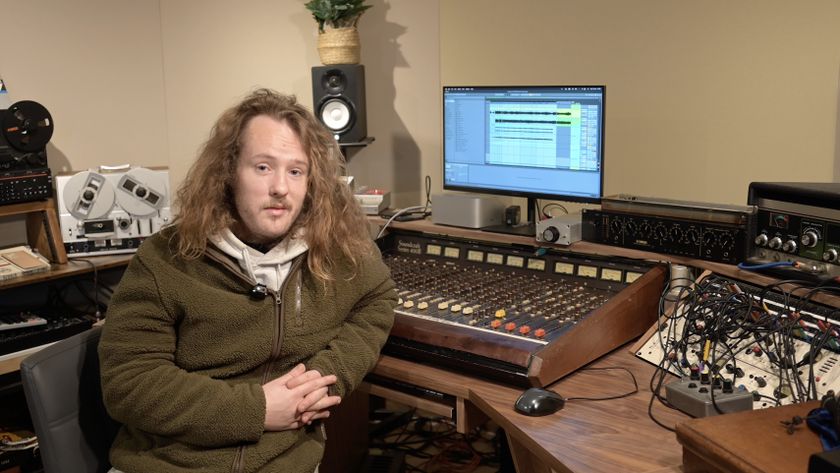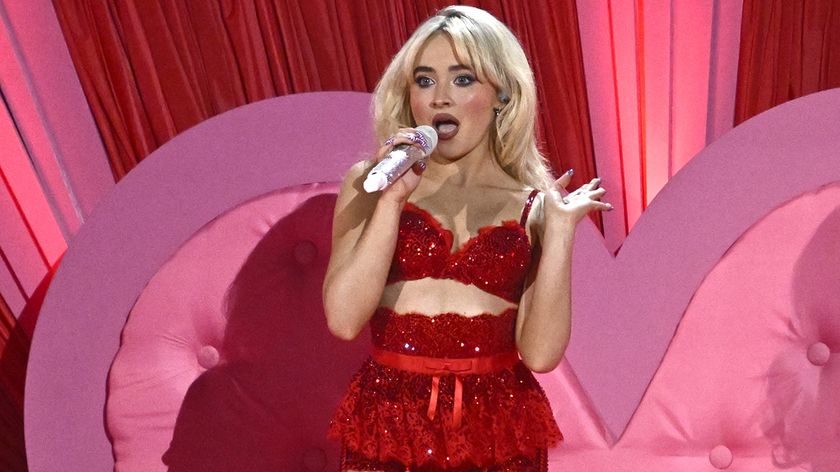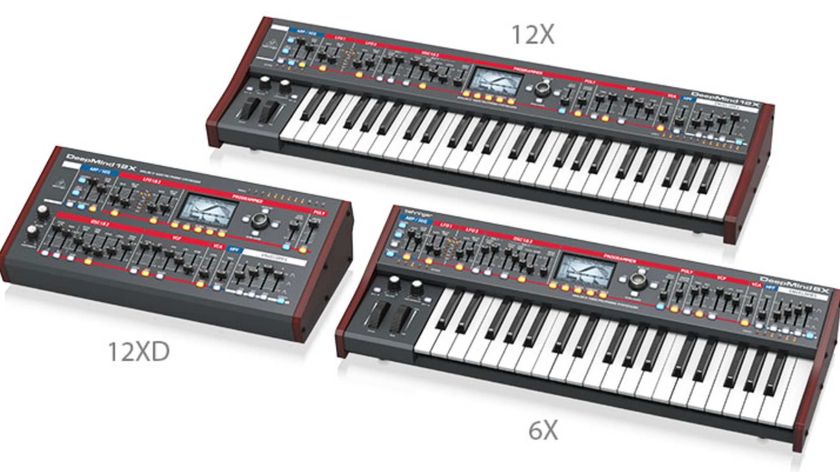“Don’t think - just do”: Giorgio Moroder’s ‘80s collaborators on his songwriting and production philosophies, and how it was always “all about the melody”
“Giorgio would call me up from lunch from his car phone and say, ‘give me a love beat.’”
By the early ‘80s, Giorgio Moroder had established himself as one of the biggest composers, songwriters and producers in the world. Now, two of the key members of his team at Oasis Studios, the Los Angeles facility that Moroder purchased in 1983, have been discussing the great man’s musical habits and what it was like to work for him.
That’s if you can call it work, of course, because it turns out that one of Moroder’s favourite phrases was “Are we working? Don’t think - just do,” which implies that he favoured a spontaneous approach in the studio. This is just one of many interesting revelations that comes from conversation between arranger/programmer Anthony Marinelli and engineer Ross Hogarth, both of whom were part of Moroder’s team.
Discussing Moroder’s writing process, Hogarth says: “It was all about the melody; he didn’t write the lyrics, he wrote the melodies, and these melodies are the core of what his hit songs were all about.”
Indeed, nothing was allowed to get in the way of a song’s top line: “Sometimes the extension of the chord had a note that was just a little too far for the melody,” says Hogarth. In which case the chord had to be changed.
Other topics up for discussion include Moroder’s love of reverb on pretty much everything - including hi-hats, kicks and bass - and his working hours, which tended to be between two and five (sometimes six) in the afternoon. As such, Marinelli, Hogarth and other members of the team were often left to their own devices.

If Moroder wanted something to be ready for his arrival, though, he would ring ahead: “Giorgio would call me up from lunch from his car phone and [say] ‘Ross, give me a love beat.’” This, it turns out, comprised a booming 808 kick with a clave pattern and a snare.
“He’d walk in and he’d have the love beat, and he’d have his Jaco Bass on the DX7 [think Take My Breath Away] which had six seconds of reverb on it,” says Hogarth, over which he’d sing melody ideas by repeating a single word.
Get the MusicRadar Newsletter
Want all the hottest music and gear news, reviews, deals, features and more, direct to your inbox? Sign up here.
For more anecdotes and stories, check out the full conversation in the video above.



I’m the Deputy Editor of MusicRadar, having worked on the site since its launch in 2007. I previously spent eight years working on our sister magazine, Computer Music. I’ve been playing the piano, gigging in bands and failing to finish tracks at home for more than 30 years, 24 of which I’ve also spent writing about music and the ever-changing technology used to make it.

“My love letter to a vanished era that shaped not just my career but my identity”: Mark Ronson’s new memoir lifts the lid on his DJing career in '90s New York

“I’d be running from the studio to other speakers in the house, basically going insane trying to get mixes to sound correct”: Ezra Collective’s Joe Armon-Jones on why he created his Aquarii Studios and his dub-influenced mixing technique








